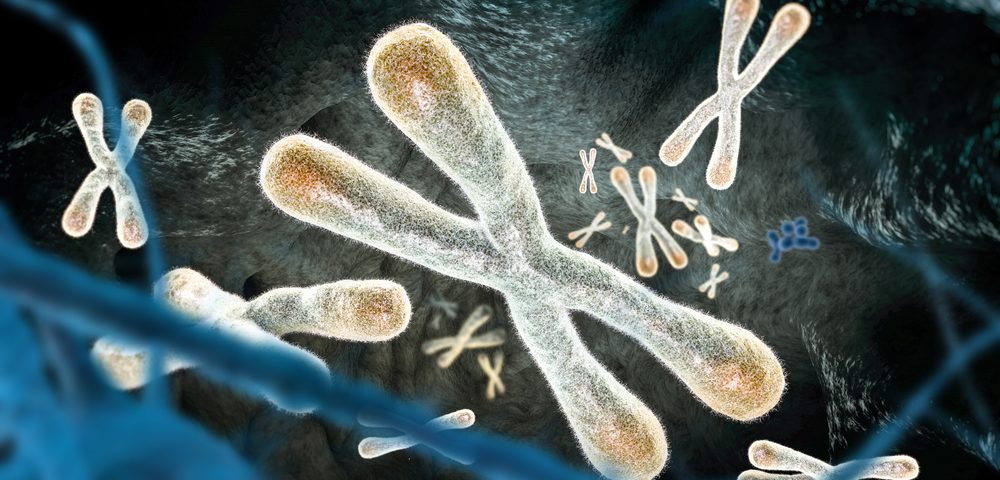People with a caspase-2 deficiency have a greater risk of developing cancer, according to researchers at the Centre for Cancer Biology at the University of South Australia.
Researchers found that caspase-2, an enzyme associated with apoptosis (programmed cell death), targets aneuploid cells, which often develop into tumors. Nearly 90% of solid tumors and 85% of blood cancers are thought to arise from aneuploid cells, or cells that have an abnormal number of chromosomes.
The findings were reported in two studies. The first, “Caspase-2-mediated cell death is required for deleting aneuploid cells,” was published in the journal Oncogene. The second, “Impaired haematopoietic stem cell differentiation and enhanced skewing towards myeloid progenitors in aged caspase-2-deficient mice,” was in Cell Death and Disease.
Sharad Kumar, PhD, the research leader, discovered caspase-2 nearly 25 years ago, but he only recently realized it played a role in suppressing tumors.
“Aneuploidy is a feature of the majority of human tumours and is known to lead to chromosomal instability that can promote cancer onset and progression and cause drug resistance,” Kumar said in a press release. “Our work shows that caspase-2 is necessary and directly kills cells that have become aneuploid, so it is important to work out the mechanisms.”
His team found that mice lacking caspase-2 were more susceptible to carcinogens, and their bone marrow amassed aneuploid cells as they aged, putting them at greater risk of blood cancers such as leukemia and lymphoma.
“When we challenged mice with cancer causing agents, caspase-2 deficiency resulted in all animals developing tumours earlier. They were often more aggressive and developed drug resistance,” Kumar said.
He said his team’s findings could have implications for other types of cancer, such as liver.
Understanding caspase-2 is fundamental to cancer research and will help scientists search for new therapies, said Loretta Dorstyn, PhD, a key researcher.
“Our research focuses on how damaged cells, with abnormal chromosomes, are removed,” she said. “If a cell’s normal ‘stop growth’ and ‘cell death’ signals fail, this will allow damaged cells to survive and potentially become cancerous.”


